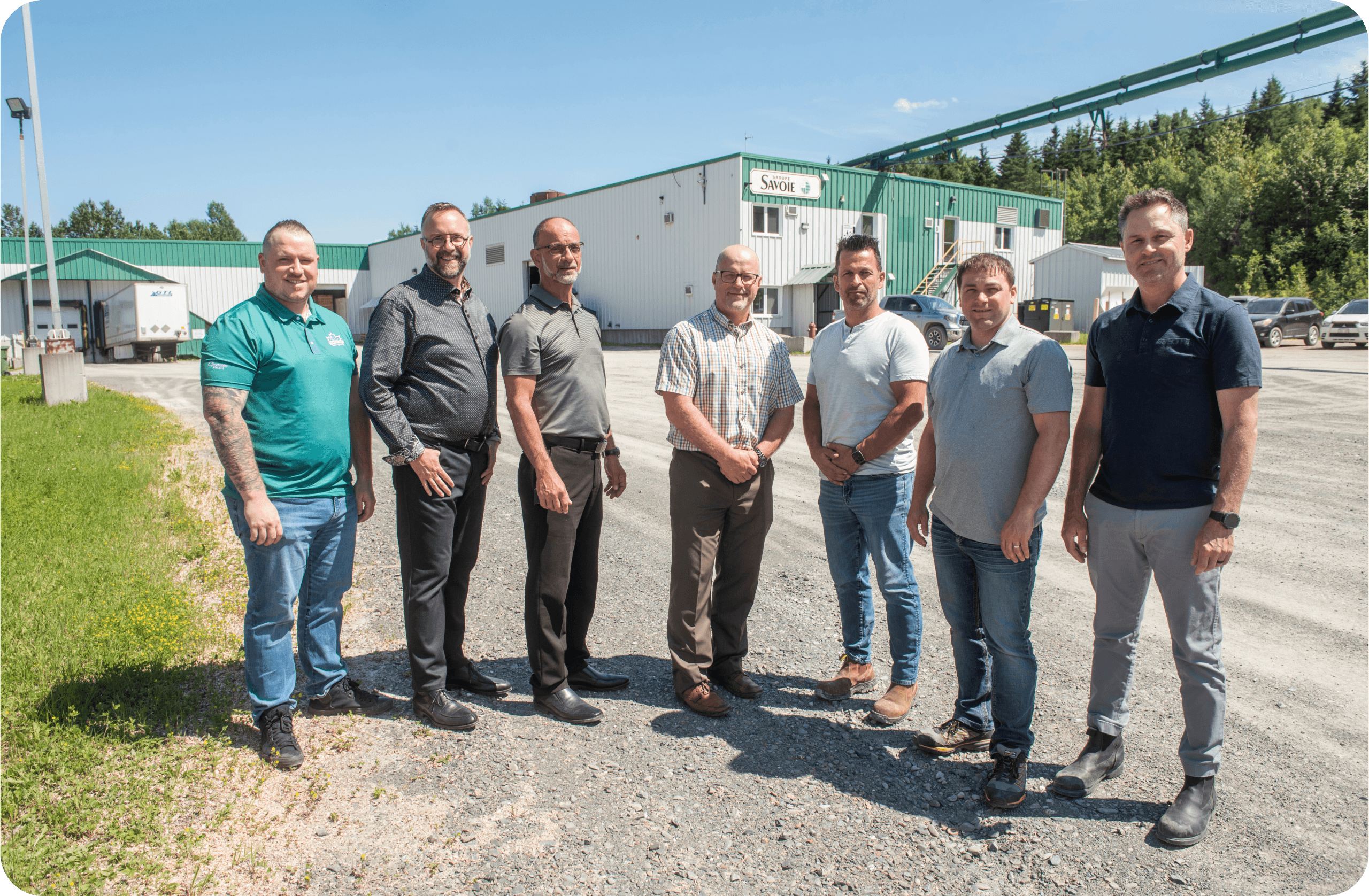
From its headquarters in Sackville, New Brunswick, Atlantic Industries Limited (AIL) operates a coast-to-coast network of sales and engineering offices and manufacturing facilities.
A New Brunswick mainstay since 1965, AIL has become a world-class solutions provider for the transportation, public works, railway, urban, mining, energy, forestry, and development sectors. Recognized as one of Canada’s Best Managed Companies for five consecutive years, AIL has made sustainability a large part of its award-winning company culture.
Three Pillars of Sustainability
Director of Engineering Kevin Williams says three pillars shape AIL’s sustainability commitment.
“The first pillar is making our planet healthier. We have committed to being net zero by 2050. We’re looking at how we can design with more environmentally friendly materials, increasing the percentage of our energy use derived from on-site clean energy sources, and try to source and manufacture locally whenever possible to reduce our transportation footprint,” says Williams. “On that front, we recently built a new pipe manufacturing plant in Sackville.”
“Secondly, our solutions are here to connect communities. There’s aged infrastructure out there that was designed for a different climate. When it gets replaced, we want to ensure our solutions offer low global warming potential and minimize road closings, all while improving safety for people and wildlife. We also want solutions which can be built quickly and require minimal maintenance, reducing traffic disruption and saving tax dollars.”
The third pillar is a focus on our employees and communities. Williams says AIL places significant emphasis on a corporate culture which recognizes the need to invest in employees and have them return home safe and healthy, supporting our employees’ next generation through family education grants, and allowing employees to make positive contributions to their communities.
Getting Results
Williams says AIL’s sustainability policy differentiates the company from its competitors, providing market growth opportunities. “We are winning work based on our sustainability approaches. Owners are seeing value in our sustainability efforts and are increasing sustainability considerations in their buying decisions. I believe our sustainability story is a contributing factor to landing work for New Brunswick.”
He also notes cost reduction (thanks in-part to increased local sourcing) and employee engagement as benefits of a sustainability commitment. “It’s nice to be part of something that is improving the health of our planet and connecting communities. Our team recognizes and welcomes the opportunity to be good stewards of the land and the communities we work in. That makes our work that much more meaningful.”
New Standards Are Coming
Williams says it’s not too late for companies to incorporate sustainability principles into their operations. He says the role of environmental product declarations will continue to rise, as will the necessity of carbon accounting and frameworks like the Science Based Targets Initiative. For its part, AIL is engaged in carbon accounting activities, focusing on scope 1, scope 2, and early work on scope 3 emissions. (Click here to learn more about these emission types.)
“National design standards are being updated to incorporate minimum climate change adaptation and mitigation requirements,” he notes. “Designs are expected to adapt to and perform in future climate conditions. We are seeing companies, consultants, and engineering associations pushing for a stronger understanding and consideration of carbon footprints in all their solutions in an effort to mitigate climate change. The climate change bar is being raised.”
–
Learn more at https://www.ail.ca/
New Brunswick-based businesses beginning their sustainability journey can connect with ONB. Our team is ready to help.


